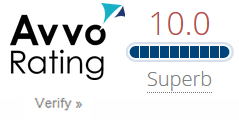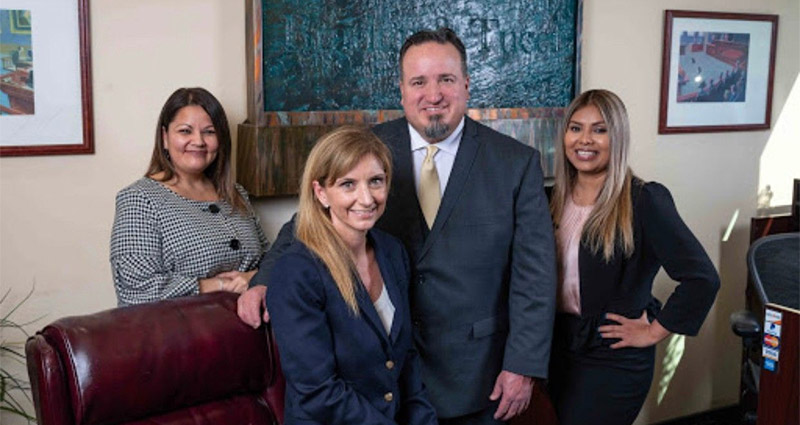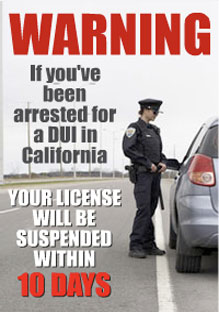Understanding plea deals in California DUI cases
When evidence is borderline or procedural issues exist, prosecutors may consider resolving a DUI as reckless driving. These reductions aim to match penalties to the case facts and conserve court resources. For defendants, the right negotiated outcome can minimize license, insurance, employment, and immigration impacts.
What is a “wet reckless” plea?
A “wet reckless” is a negotiated disposition referencing alcohol involvement. It is not a charge police file at arrest; it is a post-filing plea to reckless driving with an alcohol notation. Consequences are generally lower than a DUI but can include probation, fines, and an alcohol education program. Critically, a wet reckless is “priorable”—it counts like a prior DUI if you are arrested again within 10 years.
Read our full explainer: https://www.caduilaw.com/dui-law-library/wet-reckless-california-dui/.
What is a “dry reckless” plea?
A “dry reckless” is a negotiated plea to reckless driving without any alcohol/drug notation. Penalties can include probation and fines, but it does not act as a DUI prior in the 10–year lookback. Because there is no alcohol tag, insurers and certain background checks may view it more favorably than a wet reckless or DUI.
Details here: https://www.caduilaw.com/dui-law-library/dry-reckless-california-dui/.
Key differences that matter
- Priorability: Wet reckless is priorable for future DUI sentencing; dry reckless is not.
- Programs & probation: Courts often require shorter programs and probation terms than standard DUI, but specifics vary by courthouse and facts.
- Insurance & employment: The alcohol notation on a wet reckless can carry more stigma than a dry reckless; a dry plea generally presents fewer downstream issues.
- DMV effects: Administrative license actions are separate from court. See the California DMV’s administrative hearing overview: https://www.dmv.ca.gov/…/ffdl-26/.
When do prosecutors consider reckless reductions?
Factors can include borderline BAC results, device maintenance or procedure issues, inconsistencies in field sobriety testing, marginal driving evidence, and mitigation (no priors, early program enrollment, strong character/impact documentation). Our team builds a negotiation package and, where appropriate, files targeted motions to increase leverage.
How we negotiate: evidence, leverage, and timing
We audit breath/blood procedures, calibration logs, and observation periods; analyze NHTSA SFST deviations; and develop mitigation. When the record supports it, we push for a dry reckless. If the state insists on an alcohol notation, we aim to narrow terms on a wet reckless (shorter programs, minimized fines, and tailored probation conditions).
FAQs
Does a wet reckless always require an alcohol class?
Courts frequently order some education for wet reckless cases, but the length can be shorter than for a DUI. Requirements depend on county policy and case facts.
Will a dry reckless appear on my DMV record?
It appears as a reckless driving conviction without an alcohol/drug notation. Separate DMV administrative actions may still apply based on the arrest event.
Is a dry reckless always better?
Generally yes, because it is not priorable and carries fewer collateral consequences. Availability depends on the strength of the evidence and your history.
Can I pursue a reckless plea after a DMV suspension starts?
Yes. The DMV track is independent. We still negotiate the criminal case and, where possible, coordinate outcomes to limit total impact. Start here: https://www.caduilaw.com/court-dmv-trials/dmv-hearings/.
The bottom line
Wet vs. dry reckless is about future risk: a wet can haunt you as a prior, a dry generally won’t. The right motions, mitigation, and timing can make the difference. Braden & Tucci—Southern California’s Most Respected DUI Attorneys—will press every advantage to secure the best available outcome.






Leave a Reply